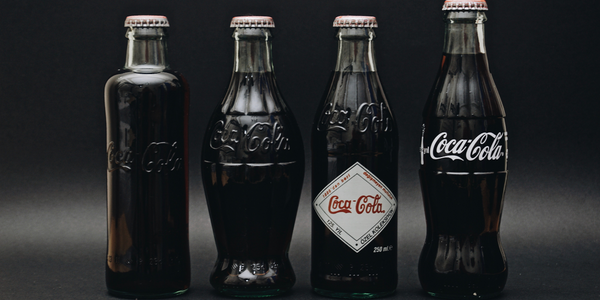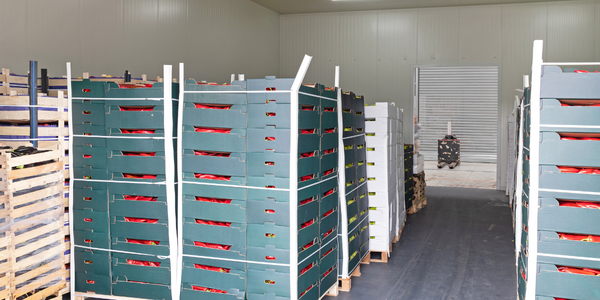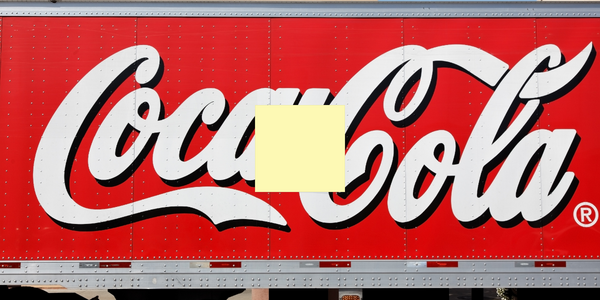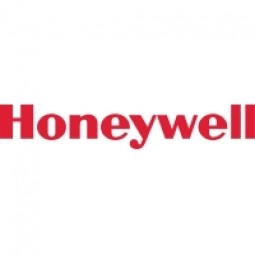Customer Company Size
SME
Region
- America
Country
- United States
Product
- Honeywell Rugged Mobile Computers
- Honeywell Mobile Printers
Tech Stack
- Mobile Computing
- Barcode Scanning
- Automated Invoicing
Implementation Scale
- Enterprise-wide Deployment
Impact Metrics
- Cost Savings
- Customer Satisfaction
- Productivity Improvements
Technology Category
- Functional Applications - Enterprise Resource Planning Systems (ERP)
- Functional Applications - Remote Monitoring & Control Systems
Applicable Industries
- Food & Beverage
Applicable Functions
- Logistics & Transportation
- Warehouse & Inventory Management
Use Cases
- Fleet Management
- Inventory Management
- Predictive Maintenance
Services
- System Integration
- Training
About The Customer
Santa Cruz Pasta Factory, originally an Italian deli and small restaurant, transitioned into a manufacturing and production operation under the ownership of Steve Simonovich. The company specializes in organic fresh pasta and sauces and distributes its products to grocery stores in the Bay Area, including Whole Foods. As a small business, Santa Cruz Pasta Factory faced challenges with manual processes, particularly in invoicing, which led to errors and inefficiencies. The company sought a solution to streamline its operations and reduce costs while maintaining its commitment to quality and customer satisfaction.
The Challenge
Santa Cruz Pasta Factory faced significant challenges with its manual invoicing processes, which led to frequent errors and inefficiencies. The drivers spent a considerable amount of time at each store location, manually taking inventory and creating invoices. This process was not only time-consuming but also prone to errors, resulting in financial losses. The company needed a solution that would streamline its operations, reduce errors, and improve overall efficiency without causing a major disruption to daily activities.
The Solution
Santa Cruz Pasta Factory partnered with Honeywell to deploy rugged mobile computers and printers for its delivery drivers. The new system allowed drivers to scan products and automatically create invoices, which were then printed on-site using Honeywell mobile printers. The invoices were also synced with the company's accounting system, eliminating the need for manual data entry. The implementation was straightforward, with drivers quickly adapting to the new technology. The Honeywell devices proved to be user-friendly, with fast processing speeds and long battery life, enabling drivers to complete their tasks efficiently.
Operational Impact
Quantitative Benefit

Case Study missing?
Start adding your own!
Register with your work email and create a new case study profile for your business.
Related Case Studies.

Case Study
The Kellogg Company
Kellogg keeps a close eye on its trade spend, analyzing large volumes of data and running complex simulations to predict which promotional activities will be the most effective. Kellogg needed to decrease the trade spend but its traditional relational database on premises could not keep up with the pace of demand.

Case Study
HEINEKEN Uses the Cloud to Reach 10.5 Million Consumers
For 2012 campaign, the Bond promotion, it planned to launch the campaign at the same time everywhere on the planet. That created unprecedented challenges for HEINEKEN—nowhere more so than in its technology operation. The primary digital content for the campaign was a 100-megabyte movie that had to play flawlessly for millions of viewers worldwide. After all, Bond never fails. No one was going to tolerate a technology failure that might bruise his brand.Previously, HEINEKEN had supported digital media at its outsourced datacenter. But that datacenter lacked the computing resources HEINEKEN needed, and building them—especially to support peak traffic that would total millions of simultaneous hits—would have been both time-consuming and expensive. Nor would it have provided the geographic reach that HEINEKEN needed to minimize latency worldwide.

Case Study
Energy Management System at Sugar Industry
The company wanted to use the information from the system to claim under the renewable energy certificate scheme. The benefit to the company under the renewable energy certificates is Rs 75 million a year. To enable the above, an end-to-end solution for load monitoring, consumption monitoring, online data monitoring, automatic meter data acquisition which can be exported to SAP and other applications is required.

Case Study
Coca Cola Swaziland Conco Case Study
Coco Cola Swaziland, South Africa would like to find a solution that would enable the following results: - Reduce energy consumption by 20% in one year. - Formulate a series of strategic initiatives that would enlist the commitment of corporate management and create employee awareness while helping meet departmental targets and investing in tools that assist with energy management. - Formulate a series of tactical initiatives that would optimize energy usage on the shop floor. These would include charging forklifts and running cold rooms only during off-peak periods, running the dust extractors only during working hours and basing lights and air-conditioning on someone’s presence. - Increase visibility into the factory and other processes. - Enable limited, non-intrusive control functions for certain processes.

Case Study
Temperature Monitoring for Restaurant Food Storage
When it came to implementing a solution, Mr. Nesbitt had an idea of what functionality that he wanted. Although not mandated by Health Canada, Mr. Nesbitt wanted to ensure quality control issues met the highest possible standards as part of his commitment to top-of-class food services. This wish list included an easy-to use temperature-monitoring system that could provide a visible display of the temperatures of all of his refrigerators and freezers, including historical information so that he could review the performance of his equipment. It also had to provide alert notification (but email alerts and SMS text message alerts) to alert key staff in the event that a cooling system was exceeding pre-set warning limits.

Case Study
Coca-Cola Refreshments, U.S.
Coca-Cola Refreshments owns and manages Coca-Cola branded refrigerators in retail establishments. Legacy systems were used to locate equipment information by logging onto multiple servers which took up to 8 hours to update information on 30-40 units. The company had no overall visibility into equipment status or maintenance history.



